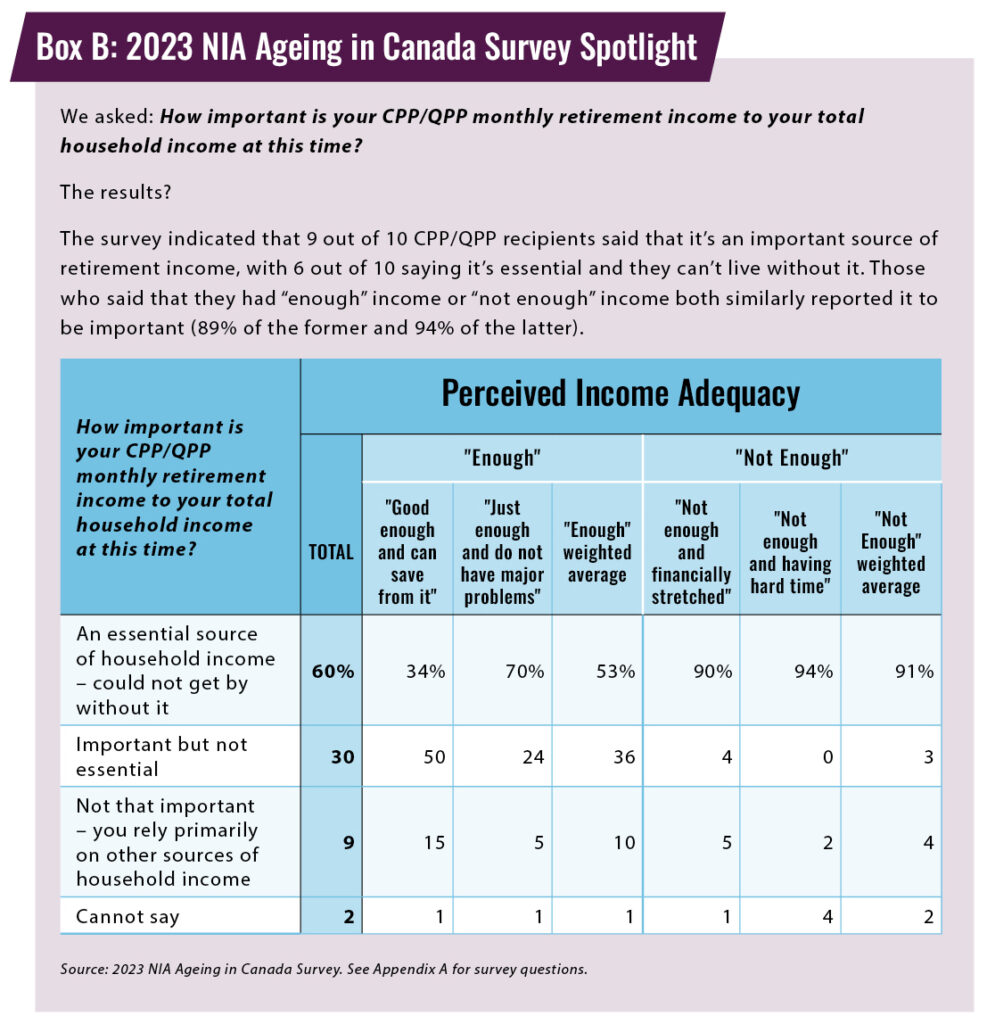
Special to Financial Independence Hub
The initial excitement of suddenly receiving an inheritance, lottery win or large bonus is palpable, presenting what seems like endless possibilities. However, this euphoria gives way to the daunting reality of managing significant amounts of money.
You face complex decisions that involve managing your new wealth responsibly and planning for your future in ways you might not have considered before. This transformative moment calls for careful consideration and strategic financial planning to ensure your sudden wealth leads to long-term security and success.
The Reality of Sudden Wealth
Many people believe sudden wealth is a one-way ticket to lifelong happiness, but the reality is far more complex. Despite the number of U.S. adults in the upper-income tier rising from 14% in 1971 to 20% in 2019, managing significant financial resources introduces many new challenges.
You might think money will solve all your problems, but it often brings issues, including increased responsibility, potential isolation and the need for meticulous financial planning. Instead of viewing wealth as a simple solution, recognize it as a valuable tool requiring savvy management to benefit your life. This approach ensures you handle your finances wisely, considering the intricate balance between enjoying your wealth and maintaining it for the future.
Understanding the Psychological Impacts
When you receive a sudden windfall, confusion and stress quickly cloud the initial rush of joy as you face unexpected financial decisions. People sometimes refer to this whirlwind of emotions as “sudden wealth syndrome” — a phenomenon that can lead to anxiety, poor judgment and hasty financial decisions.
Taking deliberate steps is crucial to maintaining emotional stability. They include the following:
- Pause and allow yourself time to adjust
- Consult with a financial advisor and tax expert
- Seek support from professionals or support groups
These help you manage your new circumstances wisely and guarantee you make the most of your windfall without emotional turmoil.
Practical steps to manage a Windfall
Create a budget tailored to your new financial situation to manage a sudden windfall adeptly. Start by calculating your net worth to gain a clear understanding of where you stand money-wise. Before making any major decisions, place your funds in a temporary, safe location like a high-yield savings account to ensure they remain secure while you explore your options.
Additionally, take the time to educate yourself on financial management and investment strategies. Enhancing your knowledge in these areas will empower you to make informed decisions that align with your long-term financial goals. This proactive approach will help you maximize the benefits of your newfound wealth.
The Importance of a Structured Financial Plan
A comprehensive financial plan is essential to manage and sustain your wealth effectively. Harness the power of technological advancements like AI and machine learning, which can predict upcoming financial trends and assess investment risks precisely. Moreover, seek the expertise of professional financial advisors who can tailor a plan specifically suited to your unique needs and goals. Continue Reading…






